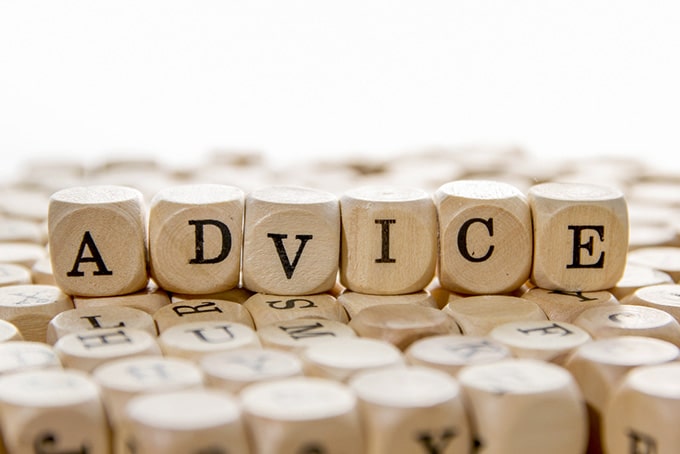How to Give Advice Politely With 6 Simple Tips- Have You Tried Yet?

Sometimes we come across a situation where we give advice to someone and expect others to follow, without realizing that the outcome will be worse. What is the cause? Is it because of the way you give advice? Knowing how to give helpful advice can improve your relationship. Today let’s learn how to give advice politely.
How to give advice politely?

In fact, there is a good way to give advice based on what humanistic psychologist Carl Rogers calls “positive respect”. It comes from the belief that the person next to us is whole and capable of making their own best decisions, and our job is simply to push them towards that decision. So how do we do so?
Only give advice when asked
Most of us automatically give advice when someone shares a problem, but our good intentions can backfire. Unsolicited advice sends the message that you are forcing them to do what you want. It makes them feel incompetent and undermines their ability to handle situations on their own. To ensure that your advice is more helpful than harmful, share it only if you are explicitly asked to do so.
If not, just listen and empathize. Sometimes, friends come to us just because they need someone to share their feelings with, someone to listen to their story. Even psychologists, often spend time in therapy to listen to the patient’s thoughts and feelings and ask the patient about their own problems, but rarely give advice.
Provide options
When giving advice, people with more experience often make the mistake of assuming they know best. To provide advice in a way that really helps, let them know what you know about their options, maybe make recommendations, then let them use that information to make the right decisions. Start by showing them why you agree with them by saying something like, “I think that would work very well because…”. Then make your suggestion using phrases like “You’d also like to…” or “It would be even more effective if…”. In the end, let them be the best judge of whether to take your proposal or give it up.

Listen Deeply
How often do you listen to someone retell their story while also listening to your own assessment of their story or immediately offering advice when they’re not finished? On the other hand, listening fully is about calming your own mind so you can step into theirs and see the world from their perspective. When you listen to their worries, fears, or confusion, you help them feel understood. You help them shift their physiological response from a fight-or-flight state, which is not conducive to clear thinking or creativity to a calmer state.
Show confidence in their judgment
When someone is facing a dilemma, they need the confidence to trust their intuition and make informed choices. In addition to advise, Dalal asserts that it is beneficial to offer emotional support. If someone comes to you for advice, let them know that you are here to help but that you trust them to make an informed decision. Your assurance might be the only guidance they require.
Distinguish between question types
As mentioned above, first of all, listen fully to what your friend has to say. And after they have explained everything, now you need to decide what you need to say. There are three types of “psychologists” you can become right now. The first is the chooser. As a selector, it means that the question your friend needs to answer already has many answers, but they are wondering which answer to choose. This is the most common question type and also the simplest, choose the best possible solution that your friend has given.

The second is the expert. At this point, your friend’s question will be related to problems that you have experienced. In this case, your personal experience and your innermost thoughts are what your friend really needs. And finally the recorder. When a person doesn’t need advice but just someone to talk to, becomes a recorder. When you become a recorder, your job is simply to listen and repeat parts of your friend’s story in surprise or questioning. Please choose the correct answer to the question you are asked.
Limit using of the phrase “you should…”
With that said, for people who are worried, or thinking about something, your attitude towards them can sometimes be very influential. These “you should…” statements sometimes sound arrogant, conceited, or judgmental statements to the listener. Instead of using the statement “you should…” try using “I think…” to talk about your feelings indirectly but still help the listener understand your advice.
Conclusion
With our suggestions above, you must have learned how to give advice politely, right? Remember, friends come to you simply because they believe in friendship, so the key to success when trying to help your friends is being honest. Learning to listen and give the right advice at the right time is a key factor to keeping a long and strong relationship.
Read more:
Conclusion: So above is the How to Give Advice Politely With 6 Simple Tips- Have You Tried Yet? article. Hopefully with this article you can help you in life, always follow and read our good articles on the website: mrsadvisors.com





